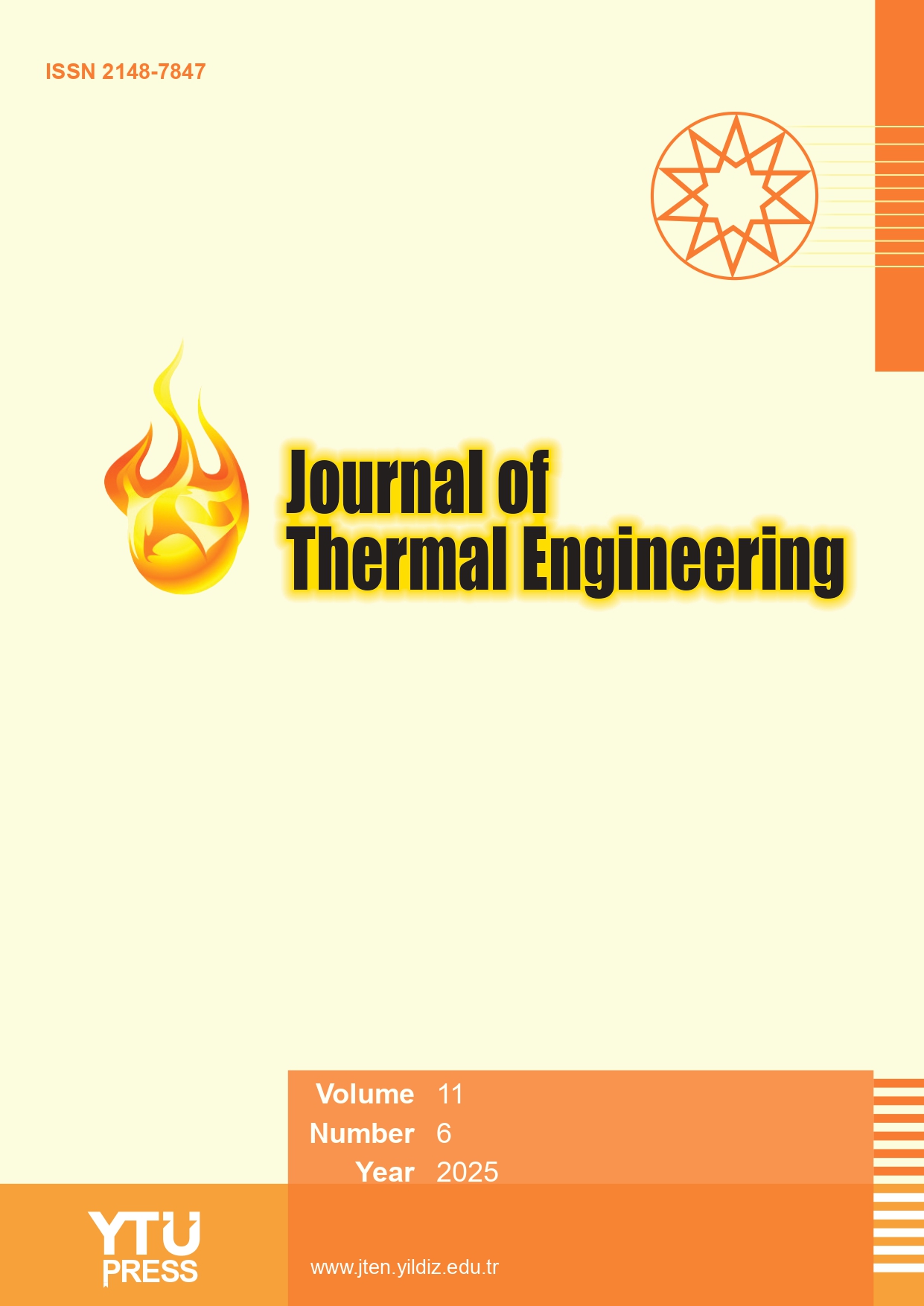2School of Mechanical Engineering, University of Campinas, Campinas, SP, Brazil
Abstract
Encapsulation of Phase Change Materials (PCM) for energy storage, thermal comfort and many other energy applications is receiving much attention due to the fact that material, physical characteristics and geometry of the container can affect drastically the thermal performance of the PCM. Phase change materials have usually low thermal conductivity which impairs their thermal charging and discharging characteristics. Different geometries were investigated including rectangular, cylindrical and spherical with and without extended surfaces to investigate the heat charge processes. Cylindrical geometries of circular sections were intensively investigated while cylinders and tubes with elliptic and elongated cross section received less attention, although they may have better thermal performance for thermal storage. The present numerical investigation is aimed at contributing to better understand the effects of the elliptic geometry and how the different geometrical and operational parameters can affect the thermal performance of the enclosed PCM. The present investigation reports the results of a numerical study on elliptic cylinders containing PCM under melting conditions. The 2D inward melting problem is modeled by using a CFD code. The numerical model is based upon the enthalpy-porosity method along with the finite control volume techniques. The numerical predictions are validated against available experimental results. The inward melting process is analyzed for two orientations of the elliptic enclosures. Due to the flow field effect namely the Rayleigh-Bénard convection, the numerical results showed that the horizontal elliptic enclosure have higher melting rate and hence lower total melting time compared to those of the vertical elliptic enclosure.



















